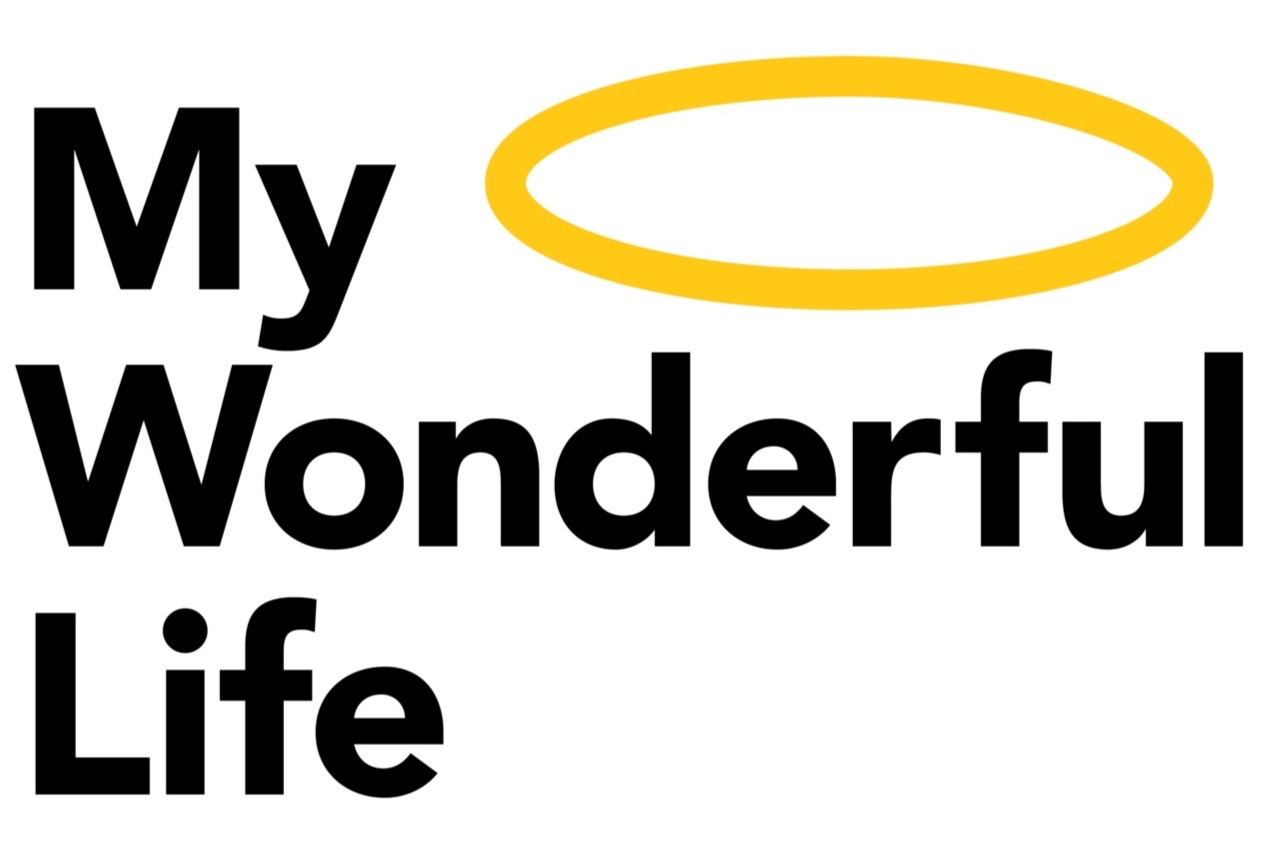POD Accounts: Don't Forget About Them
With either a transfer-on-death or a payable-on-death account, you are in control. The assets in the account pass directly to your named beneficiary and bypass probate, the court proceeding that validates your will after your death and transfers property to your heirs after debts and taxes are paid.
POD accounts are created by filling out the proper forms at your bank or credit union. It is a cost-free service that allows for the transfer of all checking and savings accounts, security deposits, savings bonds and other deposit certificates. A POD account is very similar to a transfer-on-death arrangement, but deals with a person's bank assets instead of their stocks, bonds, mutual funds or other assets. Both POD and TOD agreements offer quick means of asset dispersement, as both avoid the probate process, which can take several months.
Your will doesn't control who inherits a POD or TOD account (sometimes called a Totten trust), so when you set one up, make sure its provisions reflect your intentions.
With a POD/TOD account you can name a new beneficiary at any time, you don't have to leave anything in it, and your beneficiary's creditors cannot grab the assets in your account while you are alive.
